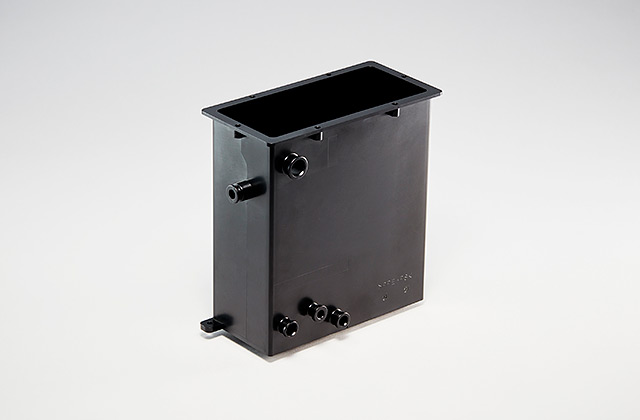Product
Excellent flame retardancy, electrical properties, dimensional stability, and water resistance. It is used in photovoltaics, batteries, and communication components.
For inquiries regarding SDS and various chemical substance investigations, please make your request through your purchasing route, such as via a trading company.
We appreciate your understanding and cooperation.

Fuel cells are batteries that generate electricity by reacting hydrogen with oxygen to produce water.
Fuel cells offer the <strong>potential to assist in reducing the use of carbon by serving as a basic means of hydrogen utilization, thus helping to realize the much-discussed hydrogen societies of the future.
Hydrogen energy has the key advantage of being clean: its use generates no carbon-dioxide emissions.
Hydrogen allows storage in the form of secondary energy, is highly energy-efficient, and may be used to generate heat or electric power. Although energy is required to produce hydrogen, the potential to make effective use of reusable energy sources, underutilized energy sources, or excess power resources suggests that fuel cells may accelerate the transition to the low-carbon societies of the future.
Asahi Kasei recommends our XYRON™ 500H modified-Polyphenylene Ether (m-PPE) resin as a material for peripheral components of fuel-cell stacks.

In addition to our XYRON™ 500H modified-Polyphenylene Ether (m-PPE) resin, we offer other materials and grades with extensive track records. For more information, please contact us via the links below.
For more information, please contact us below.
Please feel free to contact us with any questions about our products or technologies or to request samples.
We will introduce Asahi Kasei 's engineering plastic products and technologies in more detail.
We regularly deliver product and industry information to help you gather information.